Protests continue in Iraq as various groups challenge parliamentary election results
Thousands of Iraq demonstrators have rallied nationwide to denounce the electoral commission results of last week’s legislative poll, according to which the Sairoon Alliance, led by influential Shia Muslim cleric Muqtada al-Sadr, has made remarkable progress and is staking its claim as the largest bloc in the house.
On Sunday, people marched along the streets in the eastern suburb of Hussainiyah in the capital Baghdad and condemned the results of the parliamentary election as “fraudulent.” Security forces were later deployed to the area to disperse the crowd, who burned tires.
A similar protest was also held in Aden Square in the center of Baghdad. Major roads and public transport routes were shut in other parts of the capital, with police deployed to protect key buildings and stop protests from spreading.
Elsewhere in the southeastern city of Basra, protesters burned tires to block key roads.

People also rallied in different parts of the southern province of Dhi Qar and in the northern city of Mosul against the results of the parliamentary election.
Separately, the Iraqi Resistance Coordination Committee called for peaceful demonstrations in protest at the results. The committee said in a statement that “outsiders blatantly manipulated poll results, and the government’s inaction in this regard prompted the Independent High Electoral Commission (IHEC) not to undertake its mission and to give in to foreign pressure.”
Iraqi resistance groups say such actions would most likely push the Arab country to the brink.
“We expected the IHEC to rectify this misguided path to prevent a crisis. However, it adamantly insisted to move in the wrong direction and exacerbate the situation,” the Iraqi Resistance Coordination Committee stated.
“Iraqi resistance groups, as always, will stand against all conspiracies that target the nation,” the statement said, stressing that Iraqis reserve the right to stage protests against all those who have trampled on their rights.
Moreover, Mohammed al-Baldawi, a member of the Fatah (Conquest) Alliance, said on Sunday that foreign parties had spoiled the parliamentary election.
“Figures affiliated to the United States, Britain, France and the United Arab Emirates played a role in electoral fraud. Among violations on election day were huge sums of money spent to influence votes, and misappropriation of government resources and positions,” he said.
“Election results stunned us. We, therefore, are calling on the IHEC to recount the votes manually to ensure that all the ballots cast are counted accurately. The Independent High Electoral Commission could have checked ballot boxes that we were suspicious about in order to show the credibility of its work. It, however, turned down our appeals regarding inquiry into flagrant violations at polling stations in Kurdistan region,” Baldawi said.
A total of 329 seats were up for grabs in the election. More than 3,240 candidates were running, including 950 women.
According to the preliminary results, the Fatah Alliance won 14 seats in the October 10 elections after taking 48 seats in the 2018 vote.
A count based on initial results from several provinces plus Baghdad, verified by local government officials, suggested that Sadr’s Sairoon coalition had won more than 70 seats, which, if confirmed, could give him considerable influence in forming a government.
Kurdish parties won 61 seats, the results showed, including 32 for the Kurdistan Democratic Party, which dominates the government of the semi-autonomous Kurdish region of Iraq, and 15 for its rival Patriotic Union of Kurdistan party.
Sunni Parliament Speaker Mohammed al-Halbousi’s Taqaddum coalition won 38 seats, Iraq’s state news agency reported, making it the second largest in parliament.
The State of Law Alliance, headed by former Prime Minister Nouri al-Maliki, who led Iraq from 2006 to 2014, came third overall with 37.
Iraqi Shia political parties won fewer seats than in the last election in 2018, according to the initial results and local officials.
The elections were originally planned to be held in 2022, but the date was brought forward in response to a mass protest movement that broke out in 2019 to call for economic reforms, better public services, and an effective fight against unemployment and corruption in state institutions.
The vote also took place under a new election law that divided Iraq into smaller constituencies – another demand of the protesters – and allowed for more independent candidates.
Around 600 international observers, including 150 from the United Nations, were monitoring the voting process.
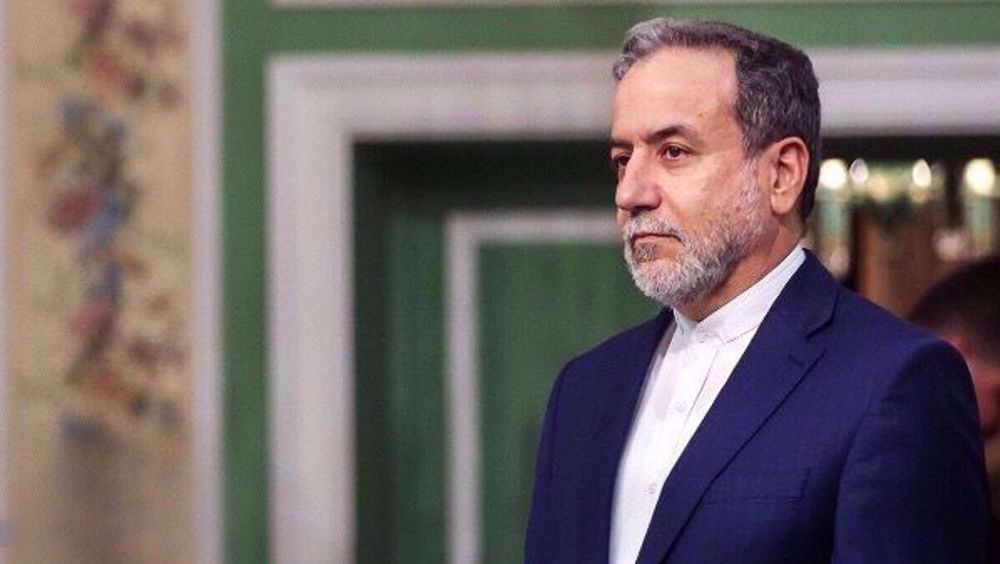
Iran: US decision to revoke Iraq waiver ‘extremely deplorable’
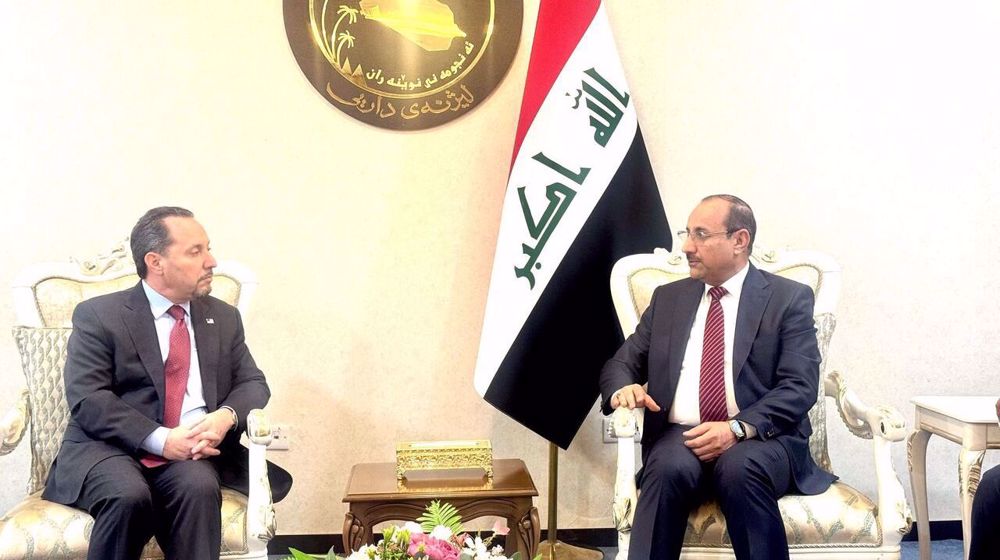
Iraq warns US its power grid would collapse without Iran gas supplies
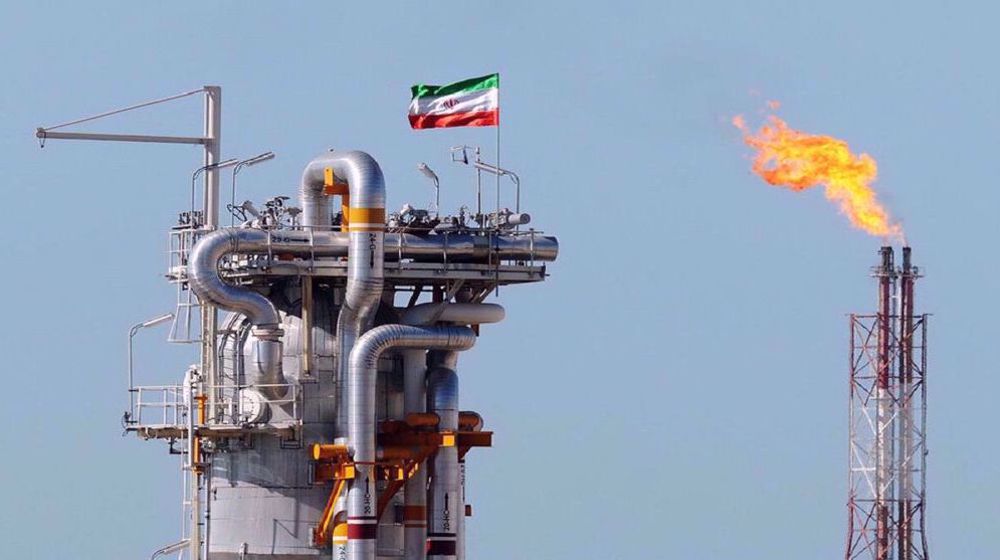
Trump admin. revokes Iraq’s sanctions waiver for Iranian electricity imports
Trump orders airstrikes on Sana'a to shield Israel from Yemen’s fury
Iran’s mild steel output down 6.7% y/y in 11 months to late Feb.
Israeli aid block costing Gaza children their lives: UNICEF
Harvard Law School students pass referendum to divest from Israel
17 years since Mohammed Shehadeh, Hezbollah-inspired Palestinian fighter, was martyred
Iran seeks to further strength cooperation with India: Araghchi
Iran says it will never back down from its share in the global oil market
Iran cenbank reports record sales in its gold auctions


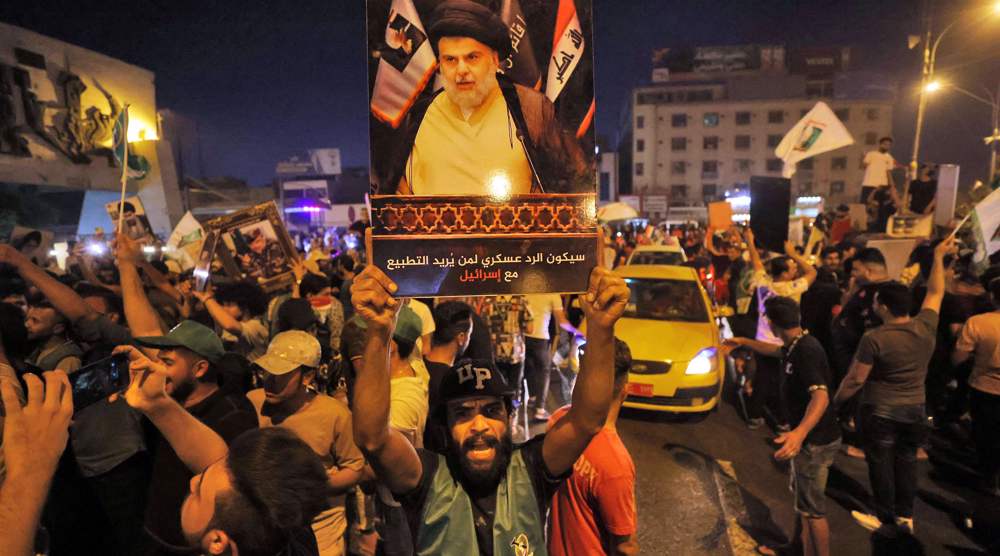
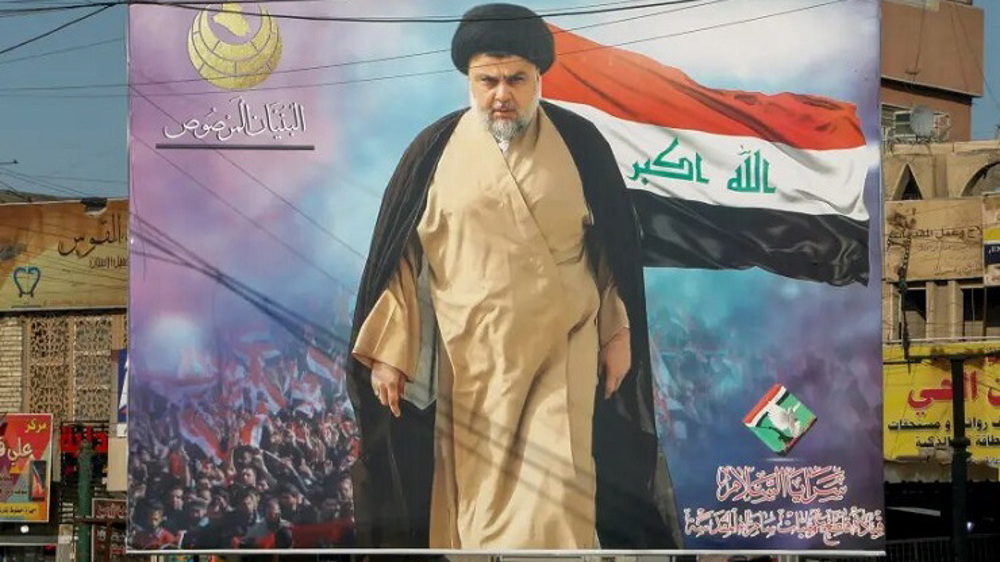
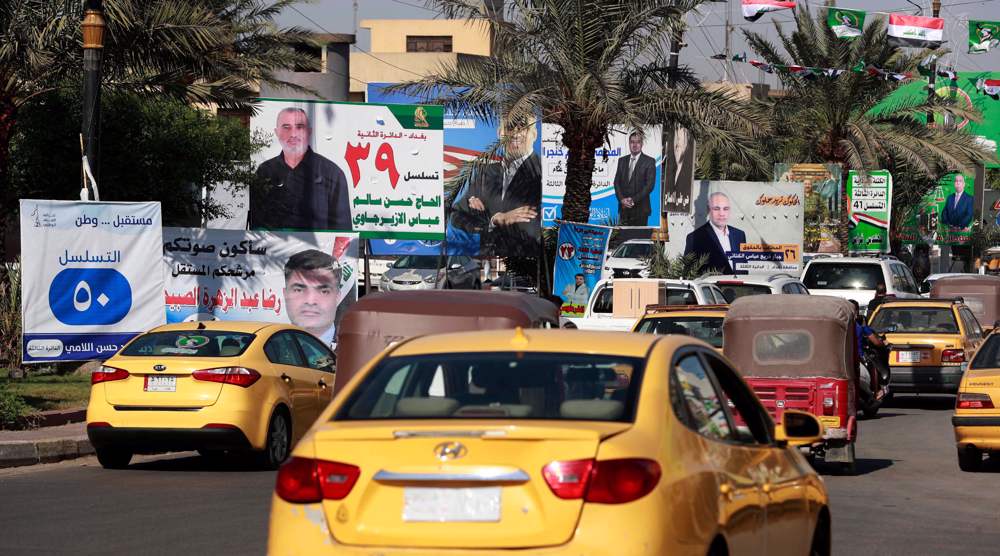




 This makes it easy to access the Press TV website
This makes it easy to access the Press TV website